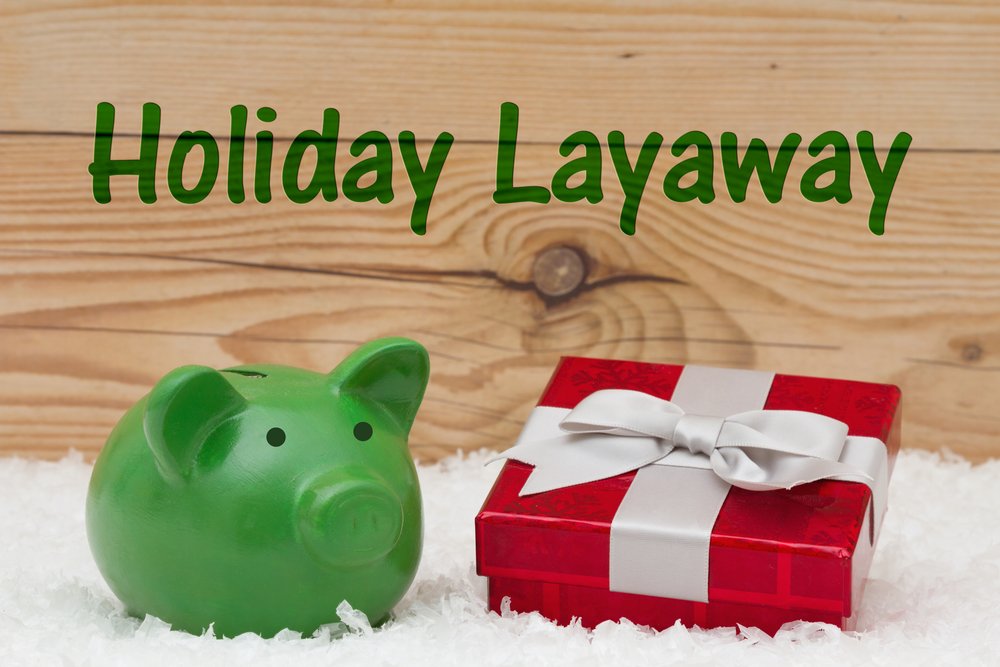Layaway offers convenience and gives you another option for buying your holiday gifts. Unfortunately, the news isn’t all good – layaway has several disadvantages you also need to consider:

1. Fees
Layaway fees can be exorbitant, especially for smaller purchases. For example, paying a $10 service fee on a $600 laptop may be acceptable, but paying a $10 service fee for a $50 toaster means adding a preposterous 20% to the total cost. Unless you’re worried about a hot ticket item selling out before the holidays, wait until you have the cash to buy smaller items to avoid service fees.
2. Down Payments
Unlike a credit card, most layaway programs require that you pay a down payment before the store will hold your purchases. Down payment amounts vary by store, but some stores can charge up to 10%, a sizable fee for big-ticket items.
3. Strict Payment Terms
Many layaway programs come with strict payment terms. For example, one retailer may require you to make a payment in-store every two weeks until you pay off the purchases. Under these terms, you’ll have to drive to the store every other week to make a small payment.
Other policies may allow you to pay on your own schedule but require that you make your final payment by a certain date. If you miss that date, you risk losing the items. When you put something on layaway, you have to deal with the retailer for several weeks.
4. Potential Losses
People enter into layaway programs with the best of intentions, but things happen. You may pay off half of your purchase, but then realize you cannot pay for it entirely. Or you might realize that you no longer want the item after making payments for several weeks.
You will not lose the money you paid if you do not complete your layaway agreement, but you will have to pay more fees. Most stores charge a cancellation fee for unhonored or canceled layaway agreements, and some stores charge an additional restocking fee to put the items back on the shelves.
5. Not Available for Every Purchase
Retailers typically put a limit on the type of purchases you can place on layaway. For example, a retailer may only offer layaway for electronics, jewelry, or other big-ticket items, but if you want to use layaway to pay for a popular toy, you may have to go to another retailer.
Other stores may place a minimum dollar limit on their layaway program. In this case, you would not be allowed to put any individual item with a price tag beneath the limit on layaway, even if your total purchase was over the limit.
Final Word
If you need to finance a few of your holiday gifts this year but do not qualify for a credit card or in-store financing, layaway is a great option. The program also works if you want to try to avoid racking up more credit card debt this holiday season.
However, before you put any purchases on layaway, look at your budget and make sure you can cover the full cost of the purchases by the due date. If you cannot make timely payments, the store will charge you fees. They may also cancel your layaway program, keeping your purchases – and your money.
While layaway is a good option to pay for a pricey gift, you can often find a better deal shopping at holiday sales or looking for gently used items. For example, you can find many good deals on Black Friday and Cyber Monday. You can also check Craigslist and eBay for gently used or new items at a reduced price.
Have you used layaway before? How was your experience?
